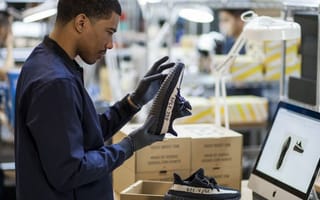
Trust is important in any relationship, but it’s crucial for professionals working in DevOps.
A key aspect of DevOps culture involves teams having enough agency to make decisions and apply changes on their own. Giving team members ownership of projects from planning to post-mortem is integral to the success of any DevOps org. After all, it’s difficult for continuous integration and speedy updates to take place when heavy oversight and lengthy approval processes might slow down production.
One LA tech company emphasizing ownership in its DevOps practices is GOAT, a tech platform for global style aficionados looking for the latest apparel, footwear and accessories. Staff Engineer Eric Lesh said engineers at the platform are responsible for the creation and management of their apps, which leads to satisfaction in their roles and pride in their work.
DevOps professionals are continuously implementing new tools and processes in their work. And when a tool is used for the first time, the team members leveraging it are often seen as resident-experts in its usage. Lesh said by trusting the DevOps team to document the efficacy of new resources, GOAT leaders were able to make informed decisions about whether those tools were right for the business.
What DevOps best practices have been most impactful for your team?
We believe in ownership, which we encapsulate in the DevOps principle that every team can build, deploy and operate their own applications. Engineers love to see their code in production, and this model lets them deliver new features on their own schedules.
We see individual teams experiment with new tools often.”
How does your team determine the best new technologies to implement?
Using the ownership model, we see individual teams experiment with new tools often. They develop expertise and work out the kinks on their own, documenting as they go, so the rest of the organization benefits. The strongest, most effective technologies are naturally selected by other teams based on their peers’ experiences.







